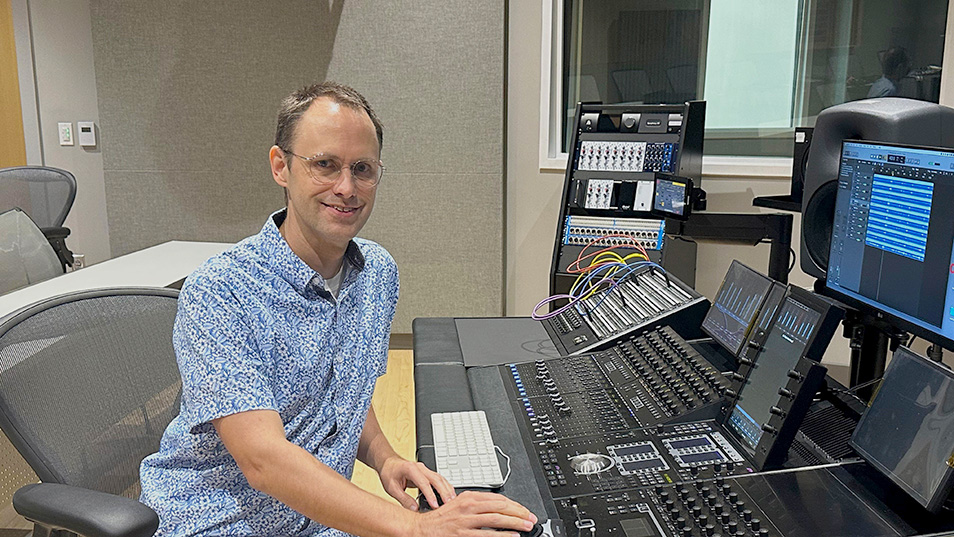Contact us
401 W. Kennedy Blvd.
Tampa, FL 33606-13490
(813) 253-3333
Associate professor of music Bradford Blackburn’s new album, "When Gaia Falls," expresses a call to action to protect the environment and biodiversity.

Associate professor of music Bradford Blackburn’s new album, "When Gaia Falls," expresses a call to action to protect the environment and biodiversity.
Have a story idea? Contact Brianna Kwasnik, Digital Content Editor/Writer
Read more UT Life stories.
Subscribe to News and UT Life.
More UT News